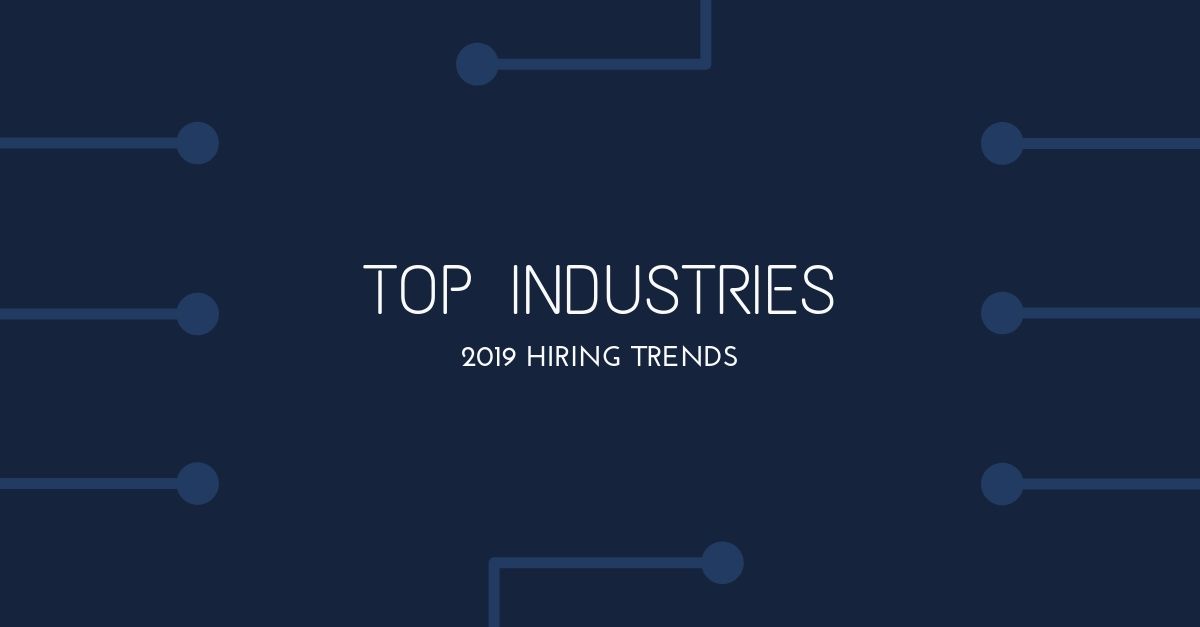Competitive compensation is key to attracting and retaining top talent, right? Yes, but it’s not always enough — especially with this new generation of workers.
In a tight labor market, companies must appeal to the candidate on multiple levels. And when it comes to giving millennial employees what they want, a focus on employee development is a must. Take our 2019 Salary Guide, for instance. We found professionals are seeking roles that bring about personal gratification as well as financial, and are more likely to accept a position that provides growth potential and mentorship opportunities.
Here are three reasons why investing in professional development isn’t just a perk for your employees — but can positively impact your company’s success, too.
Increases Engagement and Productivity
This one is obvious: employees who feel stagnant or bored in their role are less likely to be engaged at work. A quick fix is to encourage growth throughout their time with your company. But don’t just take our word for it. According to a 2017 study by Association for Talent Development, companies that invest in professional development “enjoy a 24% higher profit margin” than those that don’t. Another study by the National Center on the Educational Quality of the Workforce showed that a focus on education, rather than equipment, was more effective in increasing workers’ engagement.
Helps Upskill Current Workers
Talent shortage? No problem. A great way employers are sidestepping this issue is by training staff to meet their current needs. Some companies are even letting their employees take the lead on what they’d like to focus on. If you can, include workers on new projects. This provides a challenging change of pace that helps stretch their skill set and inspires new ideas and company strategies.
Reduces Turnover and Attracts Talent
The career game may be all about who you know, but what you know still matters in today’s competitive labor market. And the best way to get ahead? Continue learning. Employers need to invest in professional development or employees will find a company that does. A Deloitte study shows that the millennial workforce is the most interested in professional development, with 71% reporting that they’d leave a company within two years if they’re unsatisfied with how their skills are developing. Employees want to know there’s a path to grow and move up in their role — and highlighting these opportunities when courting a candidate is key.
Brush up on more hiring trends by downloading our 2019 Salary Guide. Need accounting or finance staff? Contact us for your temporary or direct hire hiring needs.














